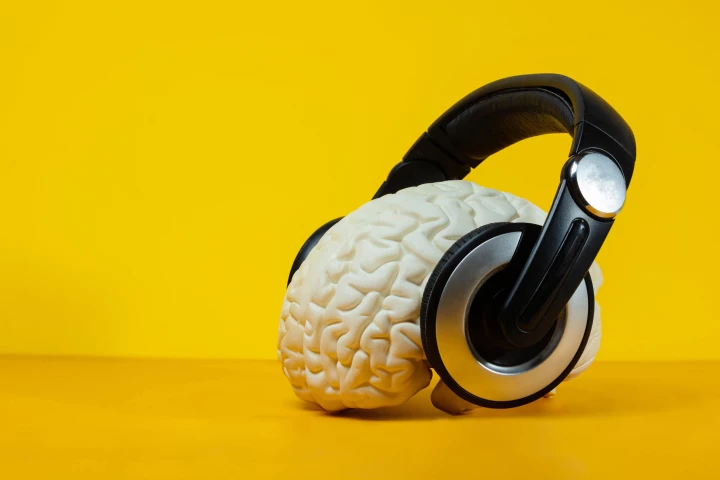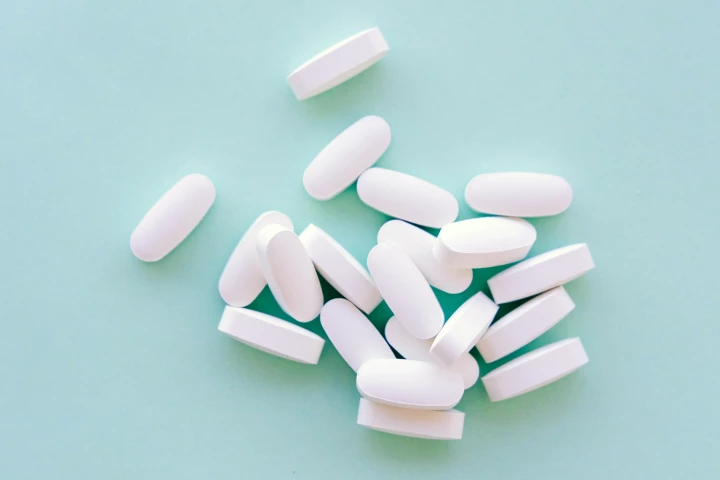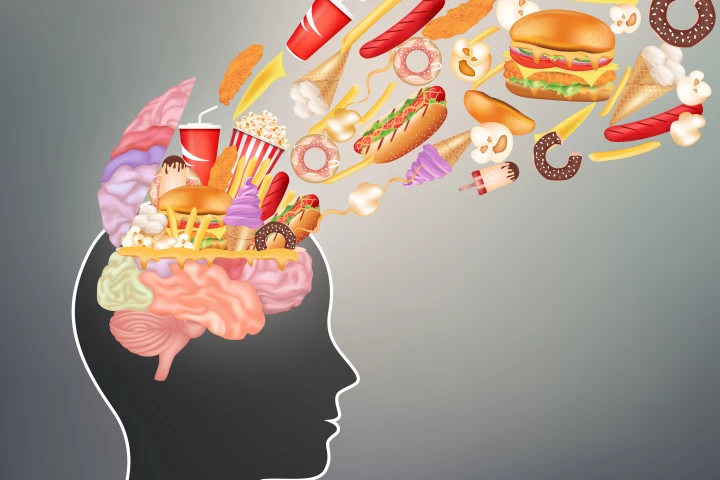Dementia
-
After an analysis of data from over 131,000 people, researchers found that drinking coffee and tea daily seems to guard against the development of Alzheimer's disease and other forms of cognitive decline - caffeine may be the key protective compound.
-
Scientists have uncovered an intriguing link between infection and brain health, finding that a common bacterium may advance cognitive decline. It's the latest evidence suggesting that bacteria and infections play a key role in destroying our brains.
-
Using the largest sample of super-agers to date, scientists have found convincing evidence that supports what many of us have suspected: Longevity isn’t just about healthy lifestyle choices, but also a good draw in the genetic lottery.
-
A new study from Northwestern University offers hope to Alzheimer's patients and their caregivers. If researchers there are correct, their new small-molecule NU-9 drug may be able to stop the disease long before it begins ruining lives.
-
New research has found that the loss of social memory – recognizing friends and family – in Alzheimer's disease (AD) could come down to specific structures around brain cells. And targeting this delicate scaffolding may potentially prevent this heartbreaking stage in cognitive decline.
-
Even brief, friendly interactions can lift the emotional weight of dementia caregiving, with new research showing that connections, especially casual ones, offer powerful protection against loneliness and isolation.
-
Listening to or playing music later in life could do more than lift your spirits – it might also help keep your mind sharp. A large study has found that older adults who regularly engage with music have significantly lower rates of cognitive decline.
-
Time availability can impact the development of dementia perhaps as much as diet and exercise, according to a panel of scientists. The group says its research should cause a paradigm shift in the diagnosis and treatment of the condition.
-
A new study found stranded dolphins show brain damage eerily similar to that of people with Alzheimer's. Just like people with dementia sometimes wander far from home, scientists think dolphins with Alzheimer's might get confused at sea.
-
A large study has found that calcium supplements, long recommended for bone health, particularly in older women, don’t increase dementia risk, offering reassurance for the millions who take them to protect against osteoporosis.
-
A weekend of burgers, fries and hot dogs will probably have you thinking more about your waistline than your brain, but a new study has found that just a few days eating high-fat foods is enough to rewire your memory hub. But the damage can be undone.
-
Starting aerobic exercise just two months after a stroke is safe and may help protect thinking skills, according to new research. The study provides fresh hope for stroke survivors that they can reduce their elevated risk of dementia.
Load More











